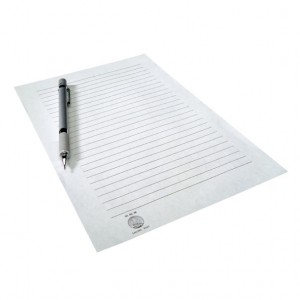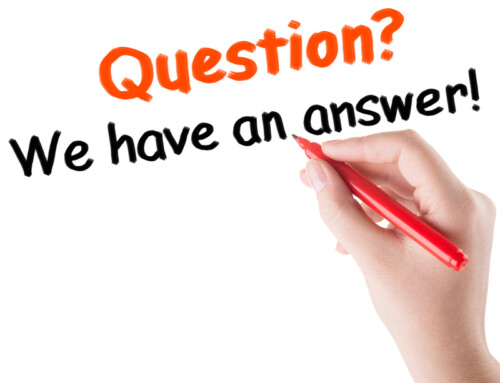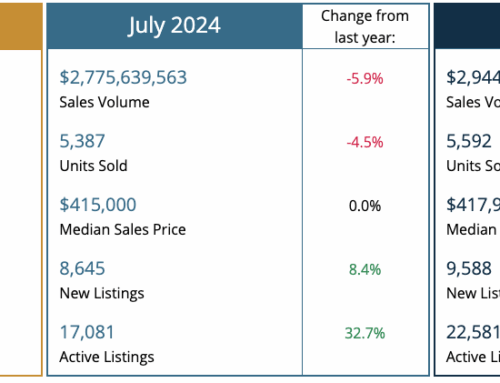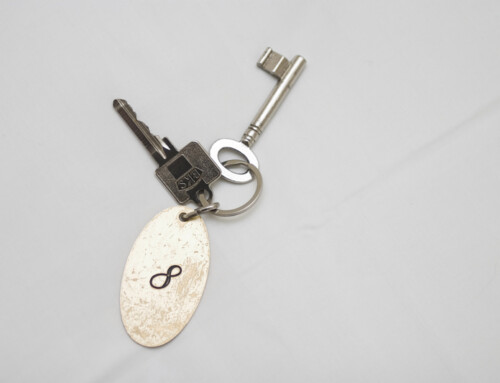When Does A Short Sale Become a Binding Contract?
When Does A Short Sale Become a Binding Contract?
There is often confusion when writing a contract on a home or condo that is a short sale. Many people think you have to wait for an answer from the bank before you have a binding contract.

***The banks approval is a Contingency to the contract and is most often secured by a Bank Addendum that must also be signed by the Buyer and Seller.***
So you will have a fully executed Purchase and Sale Agreement, with one outstanding contingency…THE BANK’S APPROVAL!!! When you will get that approval is anyone’s guess. So when writing your Purchase And Sale Agreement, you might want to put an extended date in for the closing, knowing full well it may be a couple months before you get a response. Your agent should also make sure you have an opportunity to terminate your agreement and have your earenest money refunded if there is no answer from the bank after a certain time. This is a negotiation point, and must be a date that both the Buyer and the Seller agree on.
Yes, short sales are a challenge, but if you are getting an incredible home or condominium, the wait may we well worth it.














